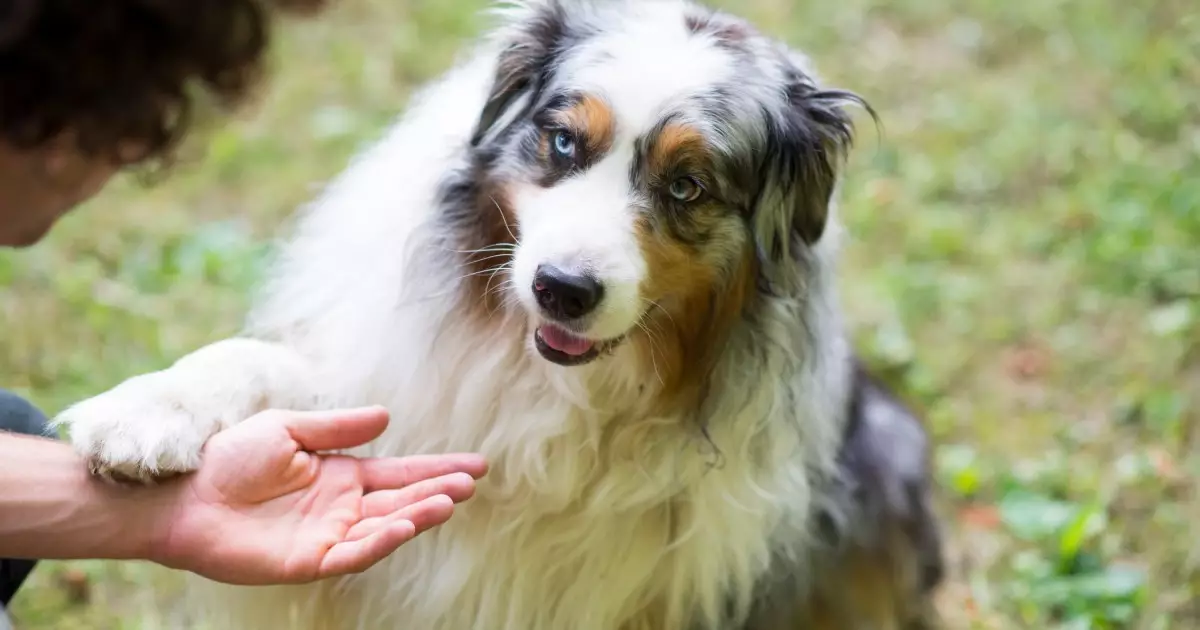Training dogs has long been perceived as a task solely suitable for energetic puppies, but the growing understanding of canine behavior reveals that adult dogs, even seniors, can be just as adaptable and responsive to training. This article delves into why adult dogs may even excel compared to their younger counterparts often and outlines strategies for successful training while ensuring that the lessons stick long after they are taught.
Contrary to popular belief, adult and senior dogs possess a wealth of benefits when it comes to the training process. This demographic typically enjoys a level of focus and maturity that puppies often lack. Adult dogs have already established behavioral patterns and are generally less impulsive, allowing for a more fruitful training experience.
Moreover, these dogs have usually accumulated experience with humans, which helps them decode signals and commands more effectively. Adult dogs are also more likely to grasp the idea of routines quickly. Their prior experiences in different environments can enable them to adapt to the structure and expectations of a new home much faster than an untrained puppy. This propensity for adaptability translates to housetraining and instilling new commands, which can often be executed with impressive efficiency.
When it comes to initiating a training regimen for adult dogs, several fundamental techniques can enhance productivity. Just as you would with a puppy, using positive reinforcement is essential. Small, delectable treats can act as an effective motivator while teaching various commands like “sit,” “stay,” or “come.” However, the true art of training lies in understanding your dog’s unique preferences—some adult dogs may be less treat-driven and more engaged by praise or toys.
A critical component of dog training is consistency. Pinpointing a designated area for outdoor breaks significantly eases the housetraining process for adult dogs. Since many already have greater bladder control, they require less frequent outdoor time than their younger counterparts. Nevertheless, routine is key. Guides suggest that it could take up to a month for an adult dog to fully adopt new behaviors, reiterating the need for patience and regular practice.
Beyond teaching commands, preventing unwanted behaviors is equally as important. Adult dogs can succumb to destructive habits if they are not adequately exercised or mentally stimulated. It’s imperative for dog owners to establish a daily exercise regimen that includes activities like walking, running, or playing fetch, which not only nurtures physical health but also fortifies emotional well-being.
Moreover, the right environment plays a crucial role in supporting desirable behavior. Simple modifications, such as providing chew toys and materials for play, can distract an adult dog from developing unhelpful habits like chewing furniture or digging in the garden. Furthermore, owners must remain vigilant, applying consistent praise and rewards when their dogs behave positively.
In instances where training hurdles emerge, it’s vital for owners to take proactive measures. Engaging with a veterinarian is highly recommended, especially if concerns about behavior persist. Oftentimes, issues may stem from medical conditions or underlying stress from a dog’s previous life experiences. Seeking a vet’s expertise can illuminate potential physical causes or, if necessary, lead to referrals for skilled trainers or animal behaviorists.
Adult and senior dogs bring a variety of advantages to the training table that can surprise many. Their ability to concentrate, established patterns of behavior, and adaptable nature offer an enriching yet fulfilling training experience. By employing effective training techniques centered around positive reinforcement and habit formation, pet owners can develop well-adjusted, well-trained adult dogs. Remember, patience, consistency, and an engaging environment are essential components of this journey. With the right approach, it’s clear that it’s never too late to teach an old dog new tricks—indeed, they may just teach us a thing or two in the process.

